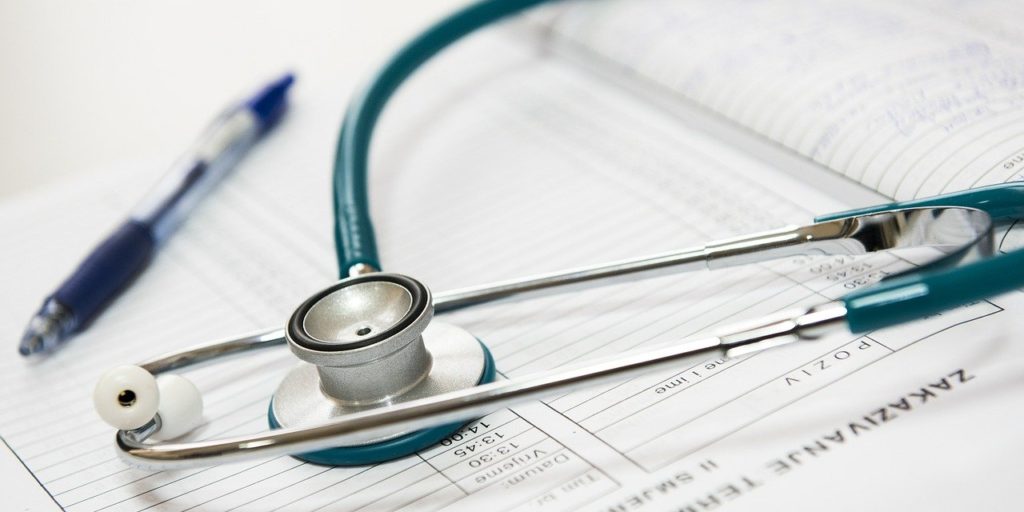- Waving a car through an intersection may have consequences - August 28, 2020
- The when, why and how of bifurcation - March 10, 2018
- Tougher distracted driver rules just down the road - January 10, 2018
A new blood test developed in London, Ont., that claims to show with 90 per cent accuracy whether a concussion has occurred could become a significant tool for health professionals and the public, says Toronto critical injury lawyer Salvatore Shaw.
“As the test is relatively inexpensive and potentially very portable, and there is a real possibility that in the future, in addition to using it in emergency rooms, the test may become available in schools, on team benches and in recreational facilities,” says Shaw, partner with McLeish Orlando LLP.
Better understanding
“This would give injured persons and those around them a better understanding of whether a concussion has occurred and if head injury protocols — such as stopping play — should be implemented,” he says.
The discovery by medical researchers at the London Health Sciences Centre allows them to determine — using a single drop of blood — whether a concussion is present, CBC reports.
“The blood test focuses on the levels of metabolites in the blood, a waste product generated by the body, that acts as a set of chemical fingerprints,” the story says. The pattern of change for 174 metabolites was “quite dramatic” after an injury, lead researcher Dr. Douglas Fraser tells CBC, allowing analysts to separate who was injured and who wasn’t.
Shaw says the test is particularly useful because it can often be difficult to diagnose concussions or mild traumatic brain injuries.
“While there is a better understanding today that concussions are much more prevalent and serious than previously thought, it remains difficult for health-care providers, teachers, coaches and parents to identify when someone has sustained a head injury,” he says.
Diagnosis of head injuries relies on patient reporting and medical imaging, he says.
‘Patient reporting also problematic’
“While scans of the brain can be helpful in diagnosing head injuries, they are not always able to detect trauma. Patient reporting is also problematic as it requires the patient to first seek medical treatment and then accurately relate his or her symptoms,” Shaw says.
The new test, which researchers say detects a concussion with 90 to 95 per cent accuracy, would help to ensure injured individuals receive proper treatment, he adds.
“As concussions can have serious long-lasting effects, the ability to identify people with concussions early on is essential for ensuring proper treatment, which may help to minimize the severity of a head injury,” Shaw says.
The London research found the abnormal patterns in the blood continue for several months following trauma.
“This could help health-care providers in determining the duration and recovery period of head injuries,” he says.

